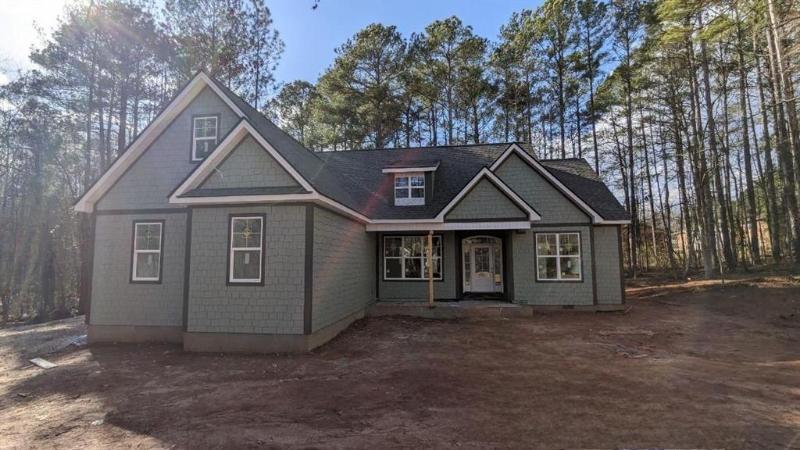Last Updated on January 7, 2021 by Eric
Buying Secret: Financials #4: Keep Your Money Where It Is
It’s not wise to make any huge purchases or move your money around three to six months before buying a new home. You don’t want to take any big chances with your credit profile. Lenders need to see that you’re reliable and they want a complete paper trail so that they can get you the best loan possible. If you open new credit cards, amass too much debt or buy a lot of big-ticket items, you’re going to have a hard time getting a loan.
Buying Secret: Financials #3: Get Pre-Approved for Your Home Loan
There’s a big difference between a buyer being pre-qualified and a buyer who has a pre-approved mortgage. Anybody can get pre-qualified for a loan. Getting pre-approved means a lender has looked at all of your financial information and they’ve let you know how much you can afford and how much they will lend you. Being pre-approved will save you a lot of time and energy so you are not running around looking at houses you can’t afford. It also gives you the opportunity to shop around for the best deal and the best interest rates. Do your research: Learn about junk fees, processing fees or points and make sure there aren’t any hidden costs in the loan.
Buying Secret: Financials #2: Avoid Sleeper Costs
The difference between renting and home ownership is the sleeper costs. Most people just focus on their mortgage payment, but they also need to be aware of the other expenses such as property taxes, utilities and homeowner-association dues. New homeowners also need to be prepared to pay for repairs, maintenance and potential property-tax increases. Make sure you budget for sleeper costs so you’ll be covered and won’t risk losing your house.
Buying Secret #1: The Secret Science of Bidding
Your opening bid should be based on two things: what you can afford (because you don’t want to outbid yourself), and what you really believe the property is worth. Make your opening bid something that’s fair and reasonable and isn’t going to totally offend the seller. A lot of people think they should go lower the first time they make a bid. It all depends on what the market is doing at the time. You need to look at what other homes have gone for in that neighborhood and you want to get an average price per square foot. Sizing up a house on a price-per-square-foot basis is a great equalizer. Also, see if the neighbors have plans to put up a new addition or a basketball court or tennis court, something that might detract from the property’s value down the road.
Today, so many sellers are behind in their property taxes and if you have that valuable information it gives you a great card to negotiate a good deal. To find out, go to the county clerk’s office.
Sellers respect a bid that is an oddball number and are more likely to take it more seriously. A nice round number sounds like every other bid out there. When you get more specific the sellers will think you’ve given the offer careful thought.





